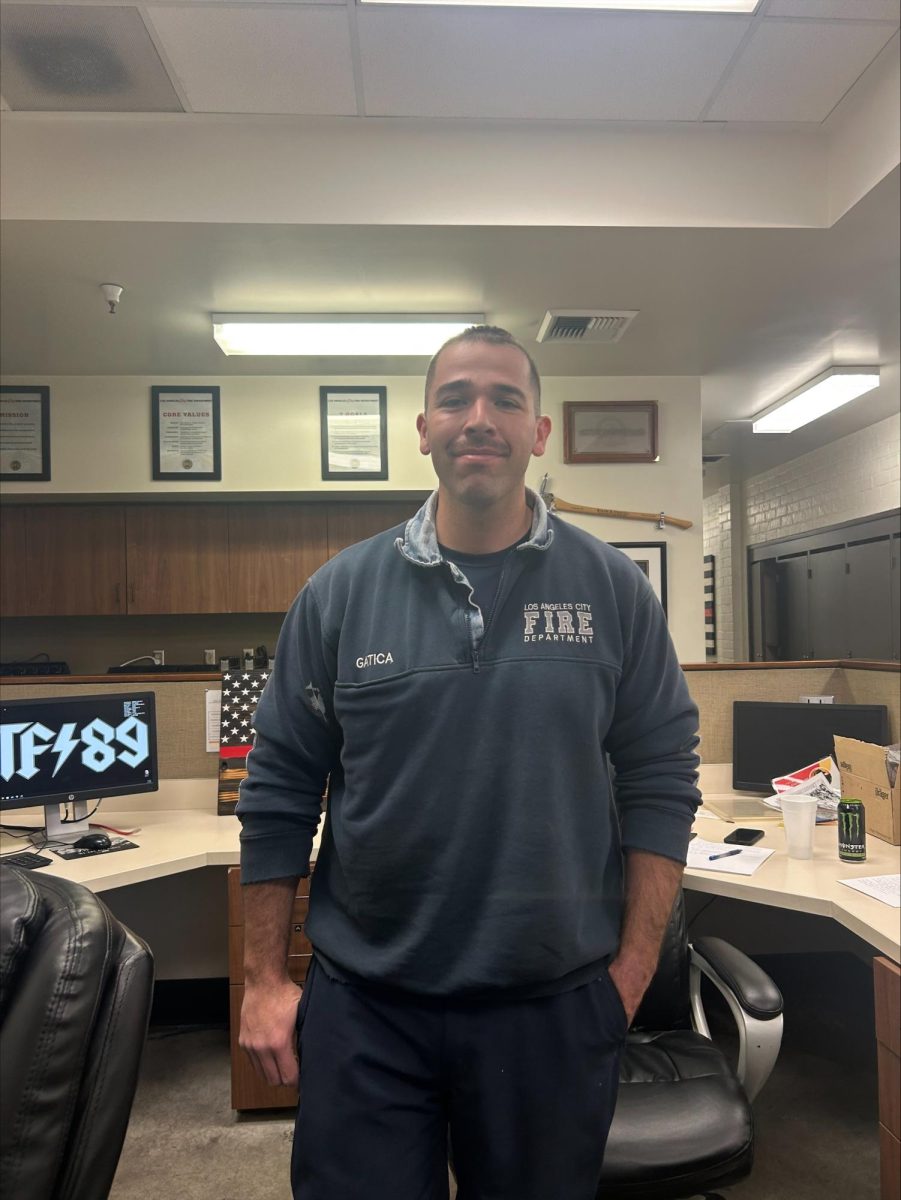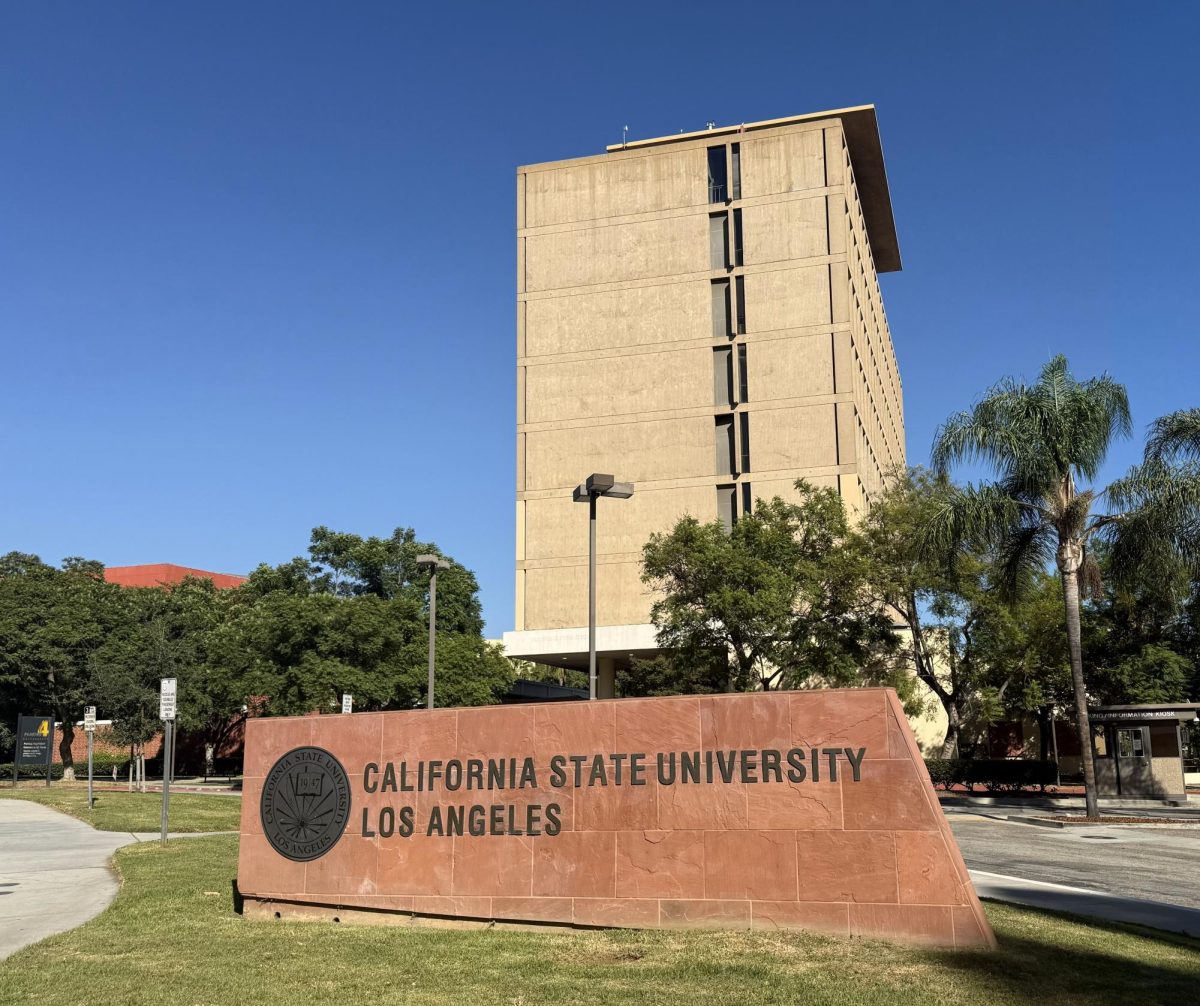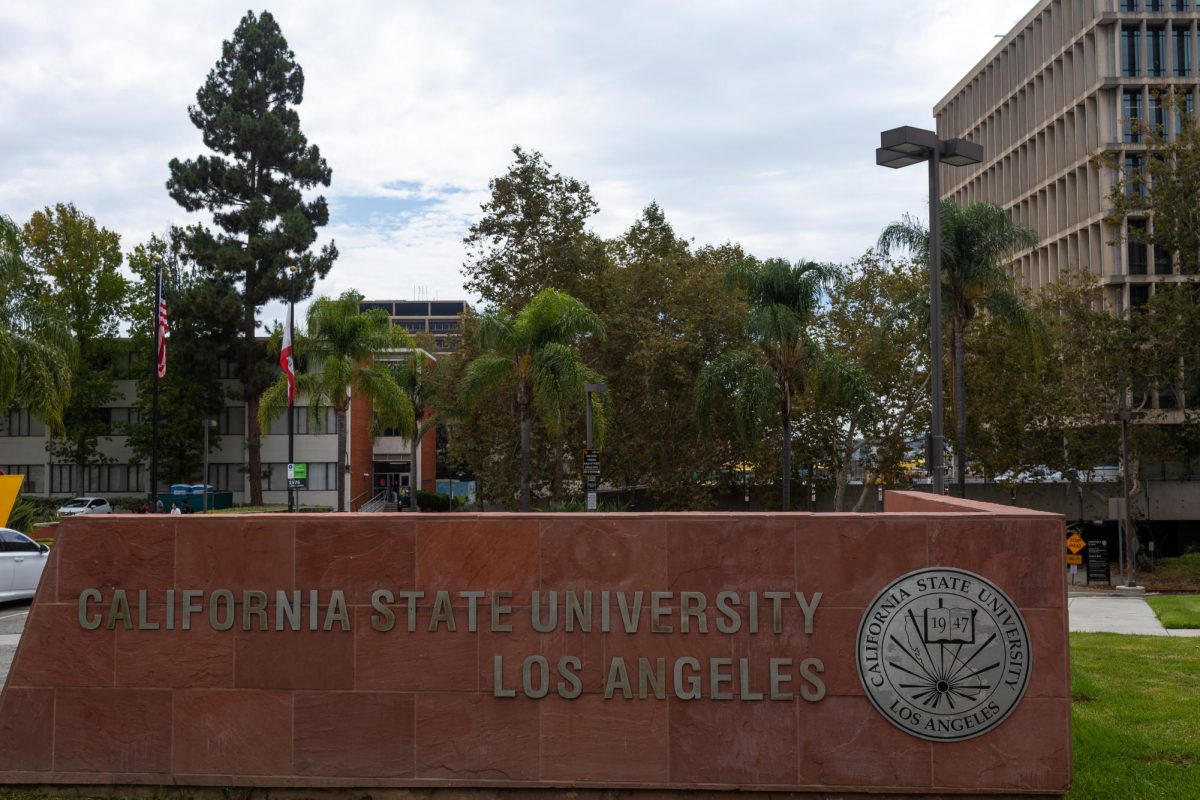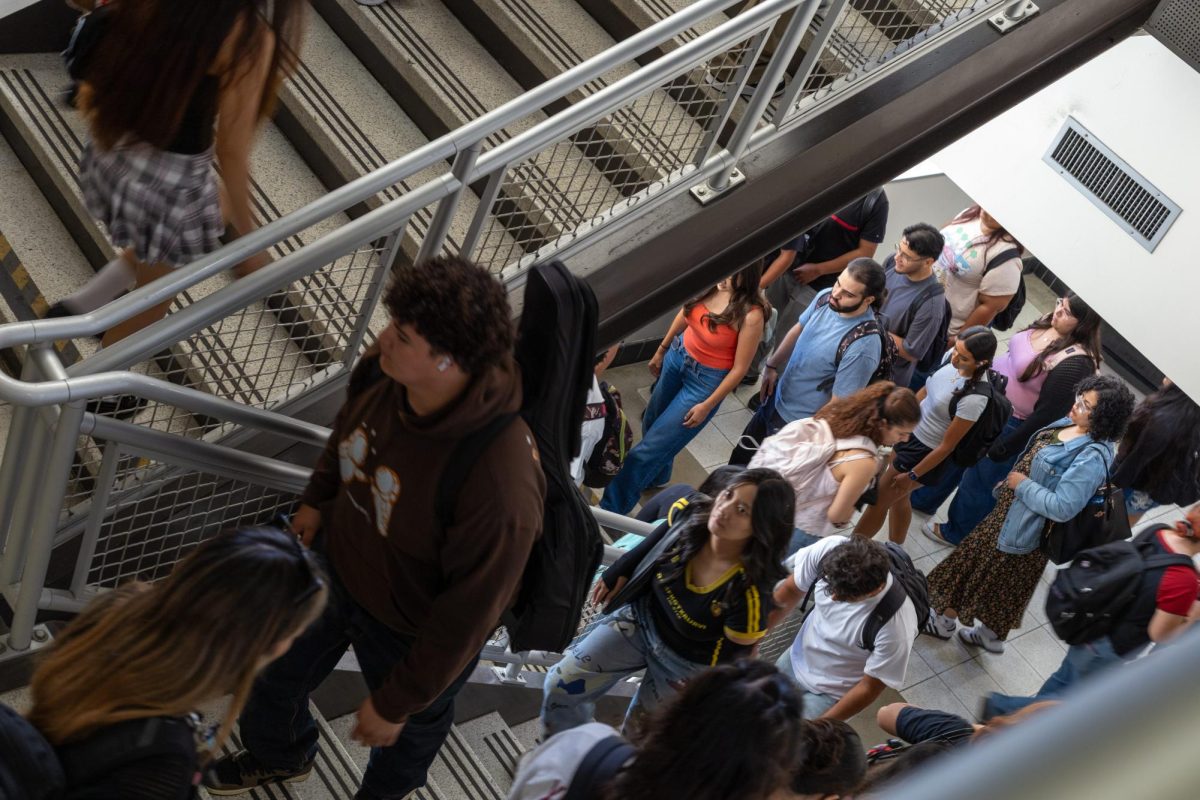Isaac Cano, a Cal State LA computer science graduate student, deeply valued his experience with the university’s Direct STEM program.
“It definitely was a dream come true for me. Ever since I was young, I had always wanted to do something in aerospace Being introduced to the program has given me the necessary tools to pursue my dream of having some sort of career in this field. It has done this by exposing me to new fields of research and personal connections I have made.”
Funded by NASA, the Direct STEM Program at Cal State LA was created over three years ago. Its goal was to promote the research’s infrastructure and help produce bright scientists and engineers from minority serving schools.
STEM stands for Science, Technology, Engineering and Mathematics. Some of the useful tools that are offered for the student at Direct STEM are: Internships at NASA centers, workshops and mentorships with high-caliber scientists around the nation.
For minority students who are coming from low socioeconomic families, this program could be a good opportunity.
Cano, a Hispanic first-generation college student, thought the program opened new doors for him.
“I started the pre-trainee program during my second semester of my freshman year. So as of right now, I enrolled in the computer science blended program. It pretty much allows me to extend my senior year for one more year so I can complete my master’s degree in five years. I would’ve never enrolled into it if I had not been in the program. They really motivated me to pursue the graduate program…I was [also] able to get the research position through the program.
Hengchun Ye, associate dean and former director of the program said Direct STEM has granted minority students golden opportunities to excel in their academic, professional and even personal lives. She explained that there are two types of students in this program, the pre trainees and the research students.
“The students will say they would never imagine they can do so well, they basically exceed the expectations, some students came here to just get an undergraduate degree or get a master degree, however and because of the opportunities given to them and because of the way we send them to do internships at NASA centers, they really … jump up in their capacities and research.”
NASA considers diversity and inclusion to be fundamental to its success, according to the agency’s website.












